AMSOIL: How did your father get into the publishing industry?
Dutch Mandel: Two ways, really: In a divorce between his parents, he went with his mother – he was a teenager – and so his father felt compelled to sell the family business. He became a man without an island.
The good news is that during college in upstate New York, my father, Leon Mandel, met a woman who took him to his first car race at Watkins Glen. That woman became his wife, my mom, and she showed him her love of automobiles. (Her father, my grandpa, was the VP of manufacturing for Hudson, so cars were in her blood.)
They left college without graduating, he bought a Porsche, they got married and moved to California. For entertainment they hung out with like-minded sports car people, particularly those members of the Sports Car Club of America NorCal Region.
Add to this that my dad was selling cars at British Motors of Burlingame, Calif., in the late 1950s – Jaguars, MGs, Morgans, even Humbers.
He was also a voracious reader and fan of the English language, and so he thought he’d try his hand at writing about cars. In 1963 he joined an ‘upstart’ publication that had moved to San Francisco – Competition Press & Autoweek.
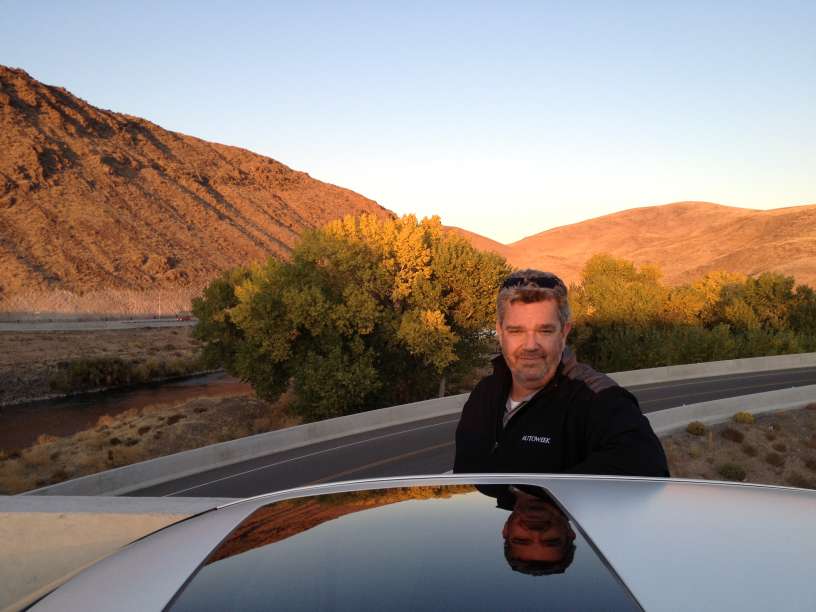
AMSOIL: When you were growing up, when did you get bit by the bug to remain in publishing?
Dutch Mandel: I like to think I was living an apprenticeship in publishing. Really, what’s not to love about the cool cars that filled our driveway?
When I was 10 or 11 my dad became editor of Car and Driver, and like every kid, I wanted to spend time with him. I saw that his job was taking him to some great places – car introductions, car races. In fact, because I was born on May 30, he would be gone to the Indianapolis 500 for many Memorial Day weekends.
He would take me to races, tracks like Lime Rock and Bridgehampton, where I would see racers like Dan Gurney, Mark Donohue, George Follmer, Jackie Stewart, Parnelli Jones compete in series like the Can-Am, Trans-Am and F5000.
I first picked up a camera when I was about 12 years old and when I could go to races, I’d shoot pictures. I still have some of the old film. I remember being the only boy in my 8th-grade typing class! It served its purpose because through high school not only did I play sports – basketball and football – I was also editor of the paper, The Reno High School Red & Blue, and contributed photos to the yearbook.
My summer jobs included working at the local paper, the Reno Gazette & Journal, as an intern (writing obituaries and high-school sports). And if you look closely at an Autoweek masthead in 1975, you will see a name you might recognize….
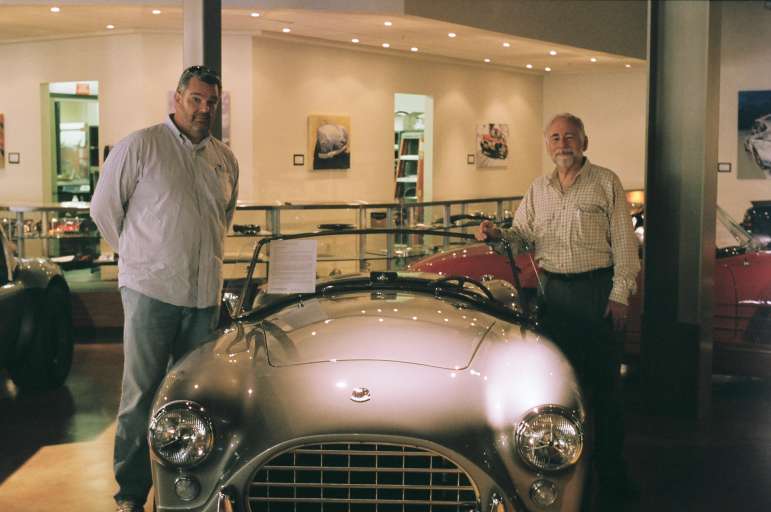
AMSOIL: Who have been the most interesting people whom you’ve met as a result of being publisher of AutoWeek?
Dutch Mandel: You will agree, we have a great job: We get to be around some extraordinary people, the famous and not-so famous. And I like to ‘collect’ people; that is, I’ve said central to the car culture here at Autoweek is that we are about the people, places and things that make our hobby fascinating.
Through my career I’ve hosted former Washington Post executive editor Ben Bradlee and broken bread with Jesse James and his then-wife Sandra (‘call me Sandy’) Bullock.
I’ve gotten in a food fight with American racing icon Dan Gurney in a 747 to Tokyo (he started it!), and was on a mercy flight to Baghdad to entertain the troops – I was talking about horsepower and the love of cars – with Tony Orlando.
Driver Peter Revson was my childhood hero whom I knew, and I cried when he died; I worked for Indy 500 winner Danny Sullivan (driving a motorhome, writing press releases and feeding a race team) well before he went on to spin-to-win in 1985.
Danny introduced me to my wife, and for that I’m eternally grateful. There are many more interesting people, but the great thing about our car culture is the next most interesting person is right around the corner.
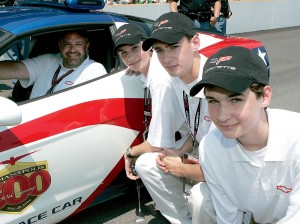
AMSOIL: What is the future of print?
Dutch Mandel: I would love to say ‘print will never die,’ but I will never say never.
I’m thrilled to be able to say we are seeing a growth in our magazine in terms of advertising pages and commercial partners – they ‘get’ that people spend quality time with things they want to read, not have to read, and that’s where we come in.
As a result, we build an extraordinary relationship with our readers. And boy, are they passionate! Autoweek is about content, though: We were able to transition fairly quickly (I will not say effortlessly, however) from being a brand that delivered 100 percent ink-on-paper to digital, or however our consumers want to receive it, be that via tablet or email or newsletter or events.
I am proud to say we were the first, by three weeks, to have an Internet site, autoweek.com, back in 1994.
AMSOIL: You’re in the center of the auto industry. When do you think we’ll see a broad acceptance of driverless cars? Electric cars?
Dutch Mandel: Broad acceptance and when we experience autonomous vehicles that roam our roads in great numbers are two different things, I believe. Honestly, I do not believe we’ll see a greater ratio of autonomous vehicles to driven cars and trucks for another 40 or 50 years, perhaps more.
Why? Now there are something close to 325 million – a third of one billion – vehicles in the U.S. alone. Each year for the past two we have built and sold 17 million new cars and trucks; the number of used vehicles sold each year is estimated to be between 35-45 million. The average amount of time people keep cars – the fleet age – is nearing 11 years. Unless we are all mandated to buy an autonomous vehicle, it will be a slow ‘take rate.’
Then there is the problem that autonomous vehicles need specific infrastructure, which does not exist yet – that is, they need roads they can ‘read’ to be effective.
Then there is the vehicle-to-vehicle (V-2-V) communication obstacle to overcome; you think the people at GM are going to want to let Ford ‘talk to’ their cars?
I do believe some of early adopters will be over-the-road trucks, the long-hauler tractor-trailer rigs, and that will make sense. Also, gated communities for seniors would be an ideal location to set up a test of these vehicles.
The technology has come a long way, and we have been privy to it for many years – cruise control, lane-departure warning, back-up cameras, sonar and the like – but it has a long, long way to go still. If I’m taking bets, the over-under is well past when I’ve passed!
As for electric cars, let’s remember (okay, maybe we don’t): Electric and steam cars were all the rage at the turn of the 20th century. Electric delivers extraordinary torque, but generating the electricity for use in the power grid isn’t all that ‘green’ unless it’s hydro-electric or solar.
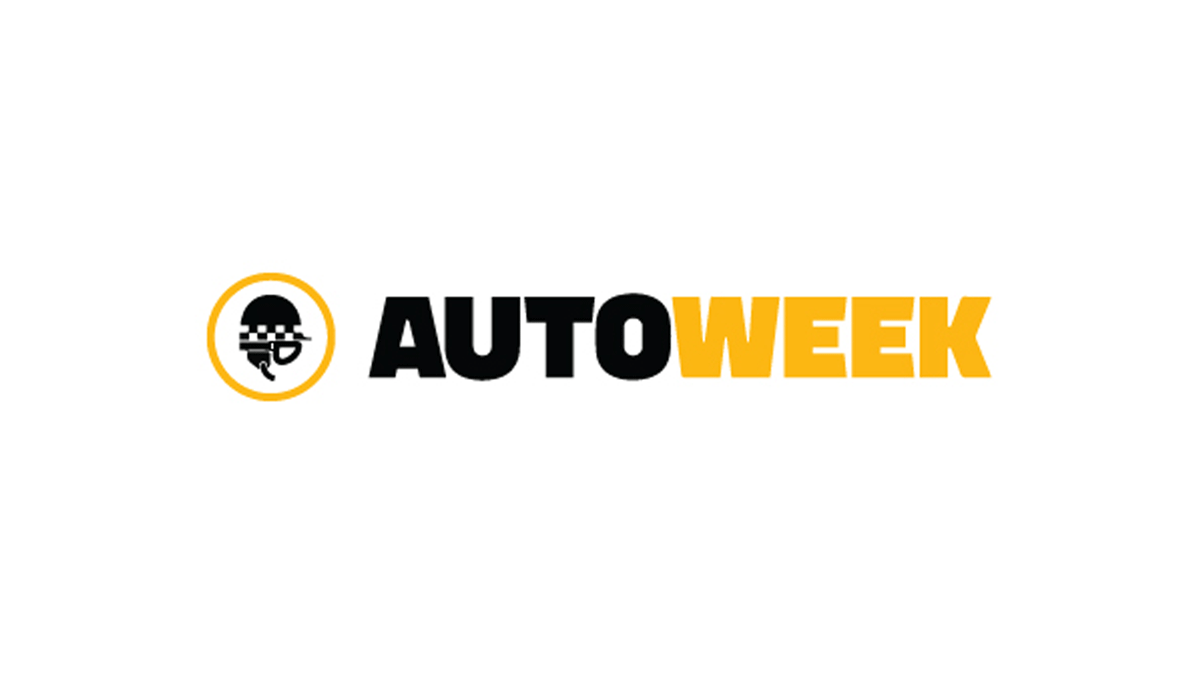
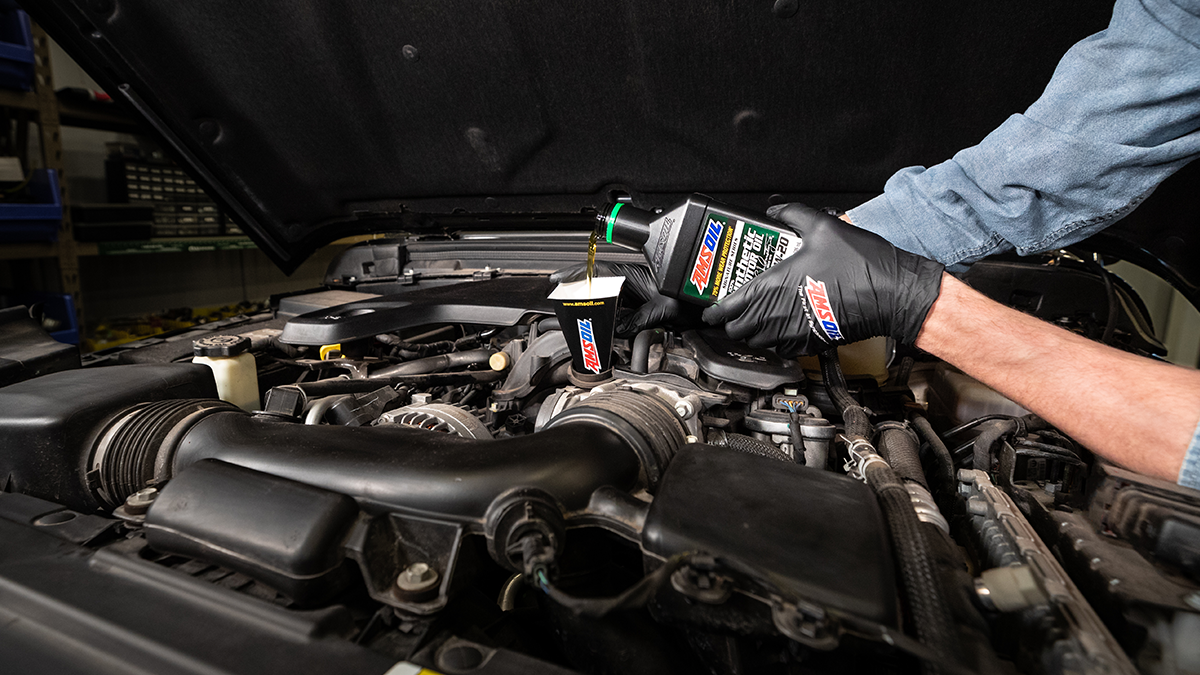
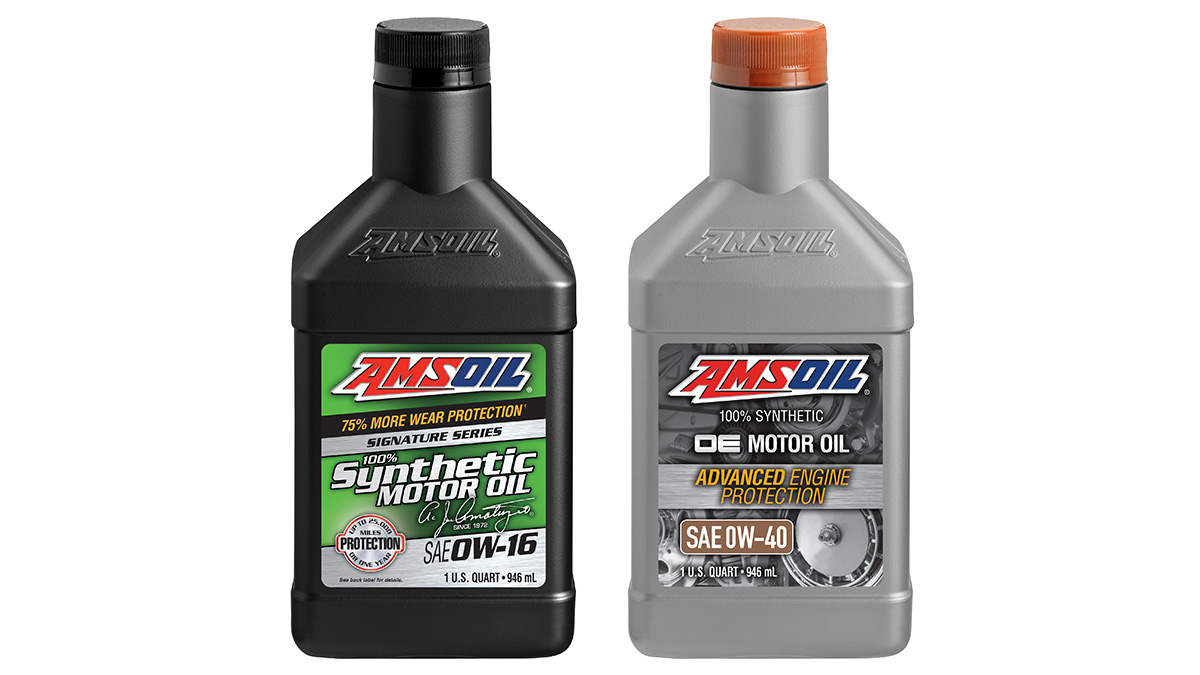
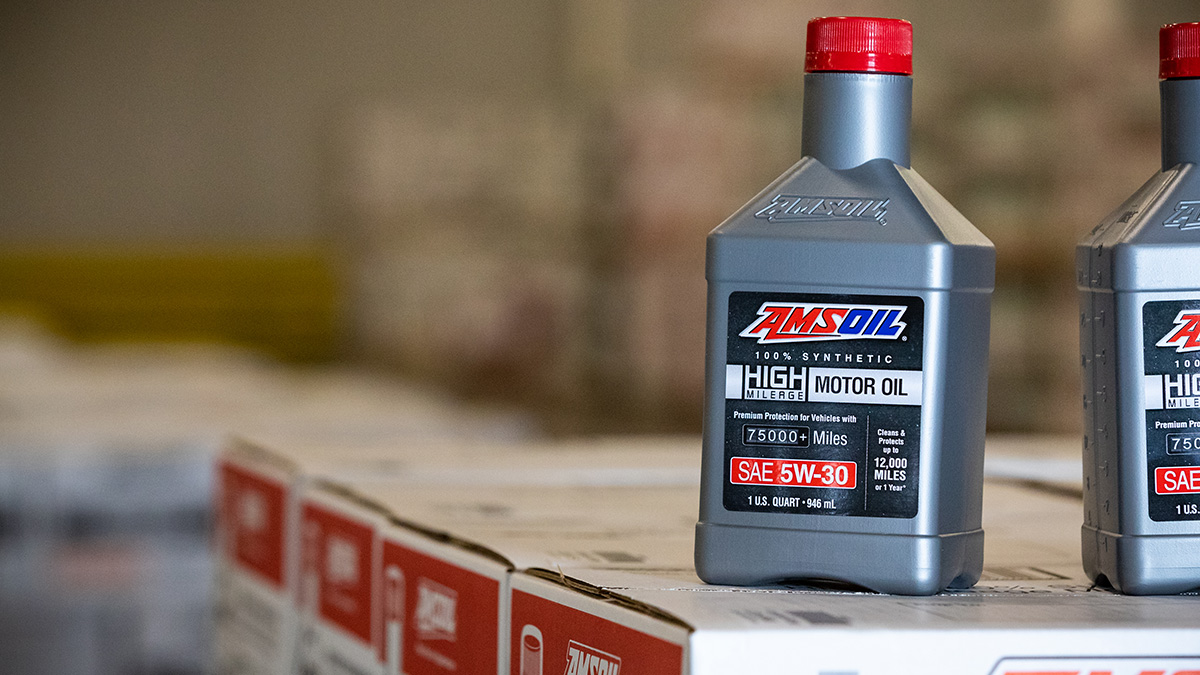
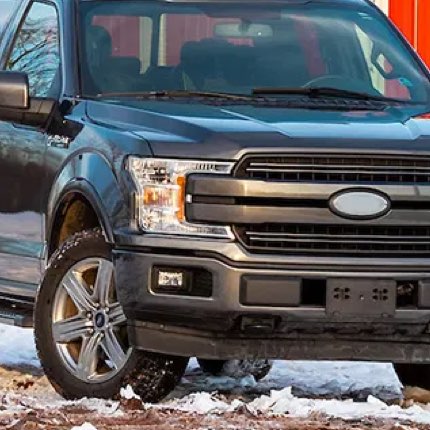
Comments
Share: